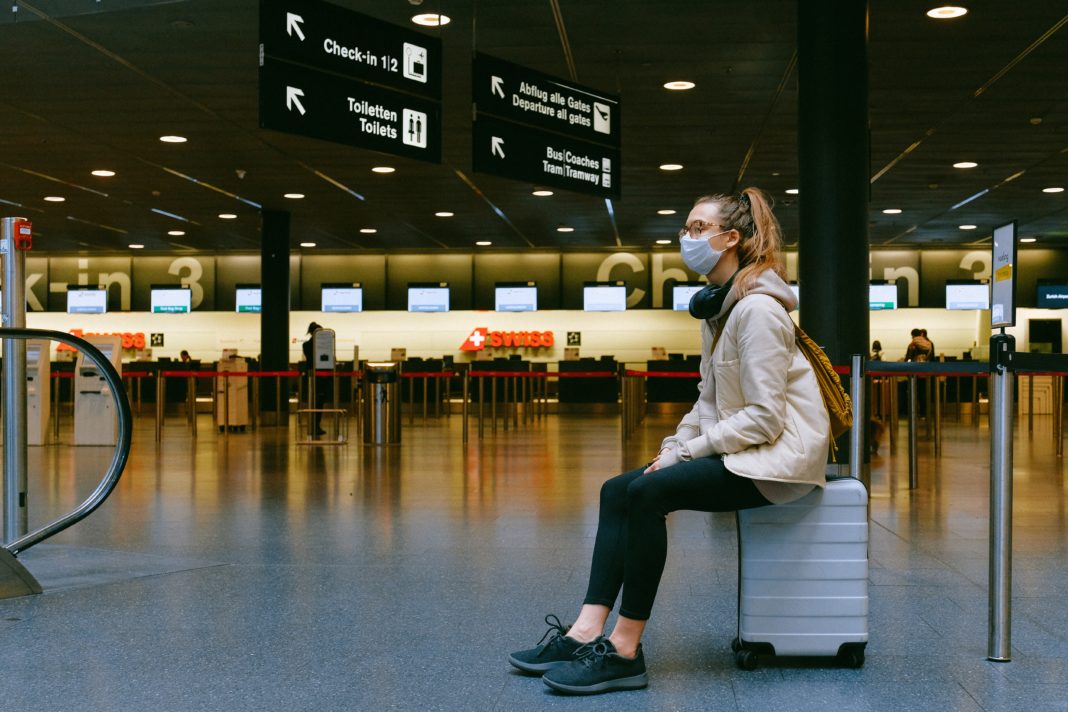With reports of imported Covid-19 cases increasing, China has been stepping up health security at ports to protect its population. If you are planning to return soon to Jiangsu province, these are new guidelines that may affect you (note: these policies and lists are subject to adjust and change with very little notice).
Arrivals from hard-hit countries must quarantine in designated quarantine centers
Those arriving in Jiangsu with a travel history to or through any of the countries hit hard by the Covid-19 epidemic must submit to quarantine for 14 days in a quarantine center at the traveler’s expense. Quarantine centers are designated hotels in the district where the traveler resides or where his or her sponsor company is registered. Those preparing to return to Jiangsu can contact their local Foreign Affairs department or ask their HR to contact the company’s government liaison to obtain more information about which hotel the traveler will quarantine at and the price of the stay. Within Changzhou, prices have been reported from 300 yuan to 500 yuan (including accommodation and food).
Recent development in Changzhou: An arrival from overseas (not from one of the 16 designated countries) took the train on March 18, 2020, from Shanghai into Changzhou North Train Station. Upon arriving at Changzhou North Station, he was informed that he had the option of completing a 14-day quarantine at a designated center or he could complete it at home. He opted to complete his quarantine at home. Police escorted him home, and community management will ensure he fulfills the quarantine requirements. Further calls have confirmed that all international returns are expected to complete a quarantine either at home or in a center.
Jiangsu’s list of countries designated as “hard hit”
As of March 17, 2020, the following 16 countries are classified as hard-hit “epidemic areas” by the Jiangsu provincial authorities:
- South Korea
- Japan
- Iran
- Italy
- France
- Spain
- Germany
- United States
- United Kingdom
- Switzerland
- Sweden
- Belgium
- Norway
- Netherlands
- Denmark
- Austria
Arrivals via Shanghai
International travelers arriving via Shanghai must fill out a health screening questionnaire either online before arrival or on paper. Officials at Pudong and Hongqiao airports will further investigate each arrival and will issue a colored sticker based on the assessed risk level. Travelers issued a green sticker are free to make their own way to their city in Jiangsu. Travelers issued a red or yellow sticker must continue on to Jiangsu via a specially chartered shuttle. The shuttle will take travelers to a specially designated center in Kunshan for further evaluation, and then another government vehicle will take those without need of additional medical observation to a quarantine center at their final destination. According to travelers who have completed the Kunshan route, the entire process can add several hours to the journey.
Arrivals via Beijing
As of March 15, 2020, all international arrivals to Beijing are required to complete a 14-day quarantine at a designated quarantine center. Those continuing on to Jiangsu, however, will be escorted via specially chartered shuttle to the New Venue of the China International Exhibition Center for additional health screening. Those from hard-hit areas will be escorted to their final destination where they will complete their quarantine in a designated quarantine center.
Arrivals via Nanjing
Nanjing Lukou Airport has screening procedures similar to those in Beijing and Shanghai. Travelers arriving from hard-hit areas will be transported after the screening process to a quarantine center in their final destination.
Other Arrivals
Those with a recent travel history in hard-hit areas that arrive in Jiangsu by other means need to contact their employer and community immediately upon arrival and report their travel history. They must complete the 14-day quarantine at their local appointed quarantine center.
In the event of an imported case
All close contacts of a coronavirus case, whether or not they have a history of travel in a hard-hit area, must complete a 14-day quarantine at a designated quarantine center. This means if a traveler is linked to a case–perhaps from sitting next to that case on a plane, for example–authorities may require the traveler to report to a quarantine center for a 14-day quarantine even after the traveler has been allowed to go home. Those linked to coronavirus cases will be given nucleic acid tests the day they check into the quarantine center and again before they are discharged.
Special rules for schools
The provincial government has instructed schools to inform their overseas students and teachers not to return until the schools are given permission to reopen. Schools are responsible for implementing epidemic control procedures on teachers and students that have already returned.
Honesty, transparency, and cooperation are not optional
Travelers from overseas must comply with reporting requirements. Those found concealing travel history, infections, or contacts or who refuse to cooperate with medical tests or epidemic control procedures will be held legally responsible in accordance with the PRC Regulation on Penalties for Administration of Public Security, the Regulation on Prevention and Control of Infectious Diseases, and the Opinion on Further Strengthening Border Health and Quarantine Work and Punishment of Criminal Offenses that Impede Border Health and Quarantine.

